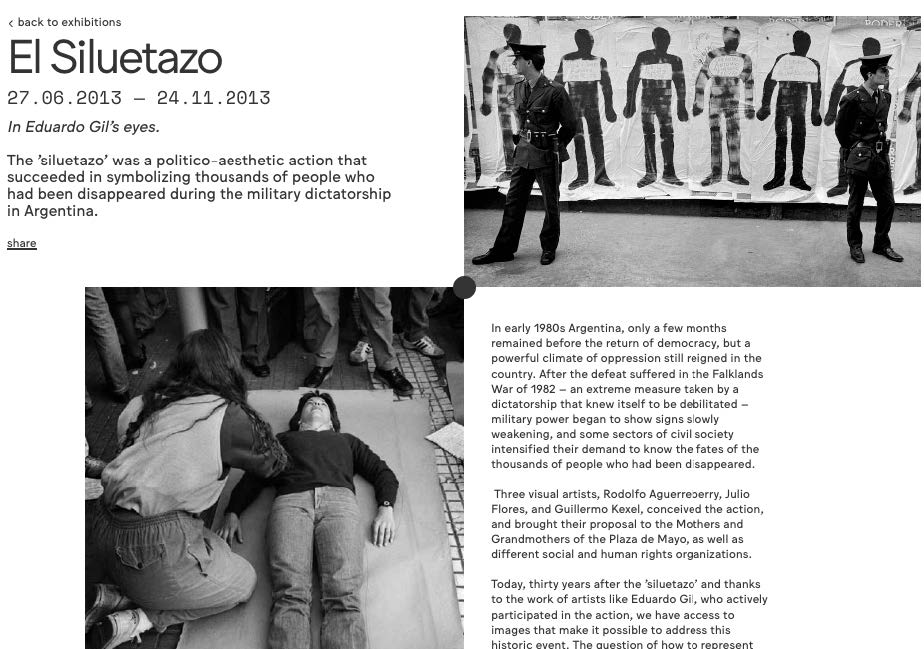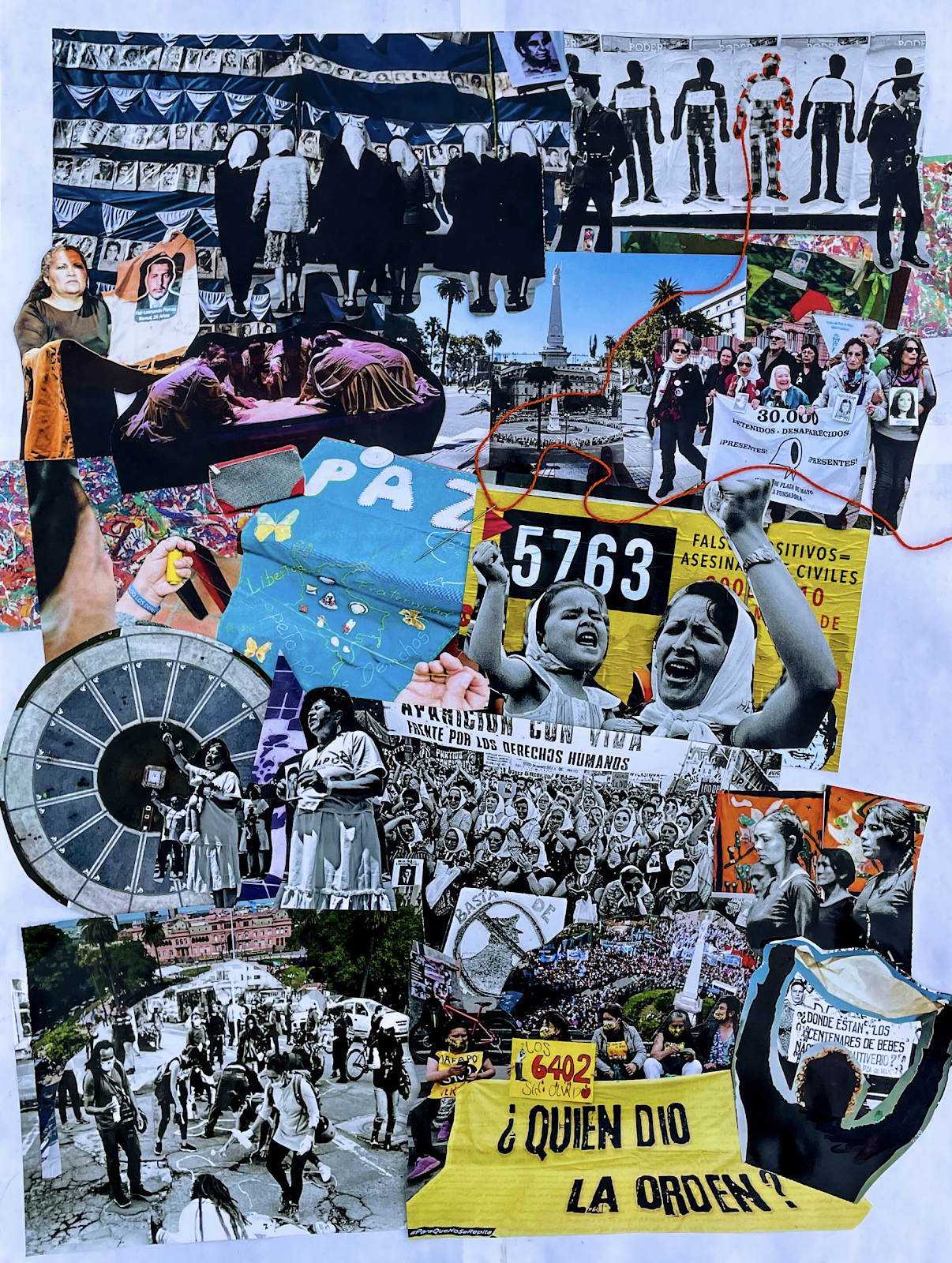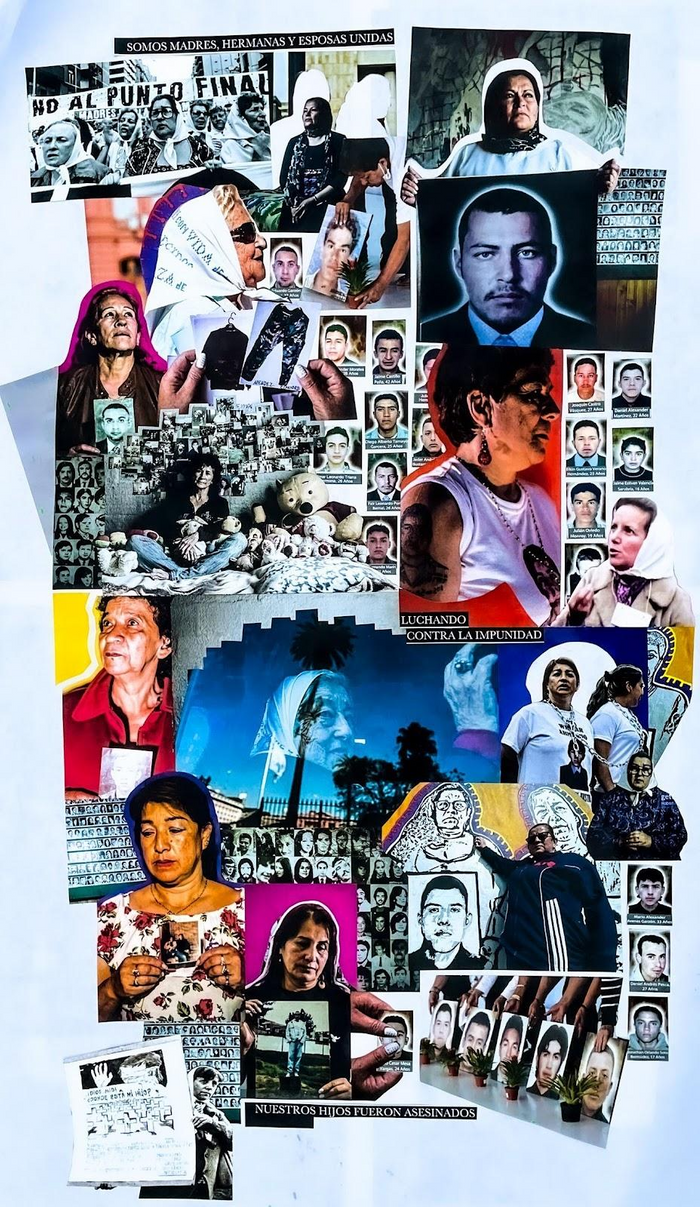 The play "Develaciones: un canto a los cuatro vientos" (Revelations: a song to the four winds) was performed by victims of the Colombian armed conflict. Credit: Colombian Truth Commission
The play "Develaciones: un canto a los cuatro vientos" (Revelations: a song to the four winds) was performed by victims of the Colombian armed conflict. Credit: Colombian Truth Commission
Motherhood as Resistance: an experimental workshop proposal with two rebel mothers' collectives
MA Capstone to receive a MA in Anthropology and Design
The New School For Social Research and Parsons School of Design
Themes: Civic Moments, Mothers Activist, Anthropology and Design.
My role: Ethnographer, Social Researcher, Curator, Social Justice Designer.
Methods:
Language: Spanish and English.
MA Capstone to receive a MA in Anthropology and Design
The New School For Social Research and Parsons School of Design
- Advisors: Hugh Raffles, Professor and Chair of the Anthropology Department. The New School for Social Research. Director of the Graduate Institute for Design, Ethnography and Social Thought (GIDEST).
- Miodrag Mitrašinović, Professor of Urbanism and Architecture at Parsons School of Design.
Themes: Civic Moments, Mothers Activist, Anthropology and Design.
My role: Ethnographer, Social Researcher, Curator, Social Justice Designer.
Methods:
- Anthropology and Design, mixed methods.
- Action research approaches
- Experimental pedagogies.
- Ethnography
- Curatorial practices.
Language: Spanish and English.
 El Siluetazo was an aesthetic-political action carried out in Buenos Aires in September 1983. The intervention succeeded in symbolizing the disappearance and, in an emblematic way, articulating art with a collective social demand: the appearance alive of thousands of people who disappeared during the last military dictatorship. /Photos: Eduardo Gil.
El Siluetazo was an aesthetic-political action carried out in Buenos Aires in September 1983. The intervention succeeded in symbolizing the disappearance and, in an emblematic way, articulating art with a collective social demand: the appearance alive of thousands of people who disappeared during the last military dictatorship. /Photos: Eduardo Gil.
As part of my MA Capstone at The New School, I designed a workshop to unite two groups of Latin American activist mothers who have suffered from state crimes: the Mothers of Soacha (Colombia) and the Grandmothers and Mothers of Plaza de Mayo (Argentina).
Both the Plaza de Mayo and Soacha mothers have crafted objects reflecting their activism and pursuit of justice for their children, victims of the Argentinean and Colombian Governments. From their creations – including weavings, murals, posters, and handcrafts – I proposed a workshop for these civil movements to meet, either in Buenos Aires or Bogota, for knowledge exchange. I drew inspiration from authors who conceptualize curatorial spaces for knowledge production.
The meeting aims to foster knowledge-sharing where the Mothers can reflect on their agency in public spaces and how they express motherhood through artivism. The goal is also for them to explore future collaborations. This will be fueled by a selection of art-resistance artifacts the Mothers have employed in public spaces, like posters, banners, weavings, handicrafts, paintings, and archival performative actions.
During Argentina's military dictatorships (1976-1983), about 30,000 people were tortured, detained, and disappeared in a plan to eliminate activists (Cels, 2020). After over 44 years, the Grandmothers and Mothers of Plaza de Mayo stand as global activist role models.
In Colombia, the Argentine movement inspired the Mafapo Collective, uniting mothers and relatives of those selectively killed by the Colombian State (2002-2008) – euphemistically labeled "false positives." Over 6,402 victims, young men from low-income families in vulnerable neighborhoods, were affected. Their mothers, often working in informal contexts, joined forces.
As an anthropology scholar, I'm intrigued by how these women transformed from private mourners to public figures demanding accountability for their children. Through the workshop, I'll compare their creative strategies, like performative actions and material culture, that grant visibility.
The proposal includes descriptions of several activities and a layout map that suggests an arrangement of the artifacts, conceptualized based on interviews with the activists.
Both the Plaza de Mayo and Soacha mothers have crafted objects reflecting their activism and pursuit of justice for their children, victims of the Argentinean and Colombian Governments. From their creations – including weavings, murals, posters, and handcrafts – I proposed a workshop for these civil movements to meet, either in Buenos Aires or Bogota, for knowledge exchange. I drew inspiration from authors who conceptualize curatorial spaces for knowledge production.
The meeting aims to foster knowledge-sharing where the Mothers can reflect on their agency in public spaces and how they express motherhood through artivism. The goal is also for them to explore future collaborations. This will be fueled by a selection of art-resistance artifacts the Mothers have employed in public spaces, like posters, banners, weavings, handicrafts, paintings, and archival performative actions.
During Argentina's military dictatorships (1976-1983), about 30,000 people were tortured, detained, and disappeared in a plan to eliminate activists (Cels, 2020). After over 44 years, the Grandmothers and Mothers of Plaza de Mayo stand as global activist role models.
In Colombia, the Argentine movement inspired the Mafapo Collective, uniting mothers and relatives of those selectively killed by the Colombian State (2002-2008) – euphemistically labeled "false positives." Over 6,402 victims, young men from low-income families in vulnerable neighborhoods, were affected. Their mothers, often working in informal contexts, joined forces.
As an anthropology scholar, I'm intrigued by how these women transformed from private mourners to public figures demanding accountability for their children. Through the workshop, I'll compare their creative strategies, like performative actions and material culture, that grant visibility.
The proposal includes descriptions of several activities and a layout map that suggests an arrangement of the artifacts, conceptualized based on interviews with the activists.




